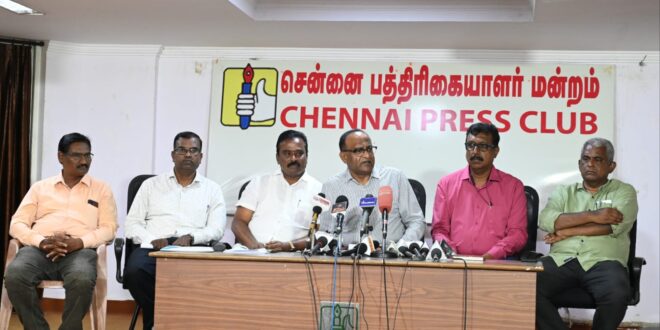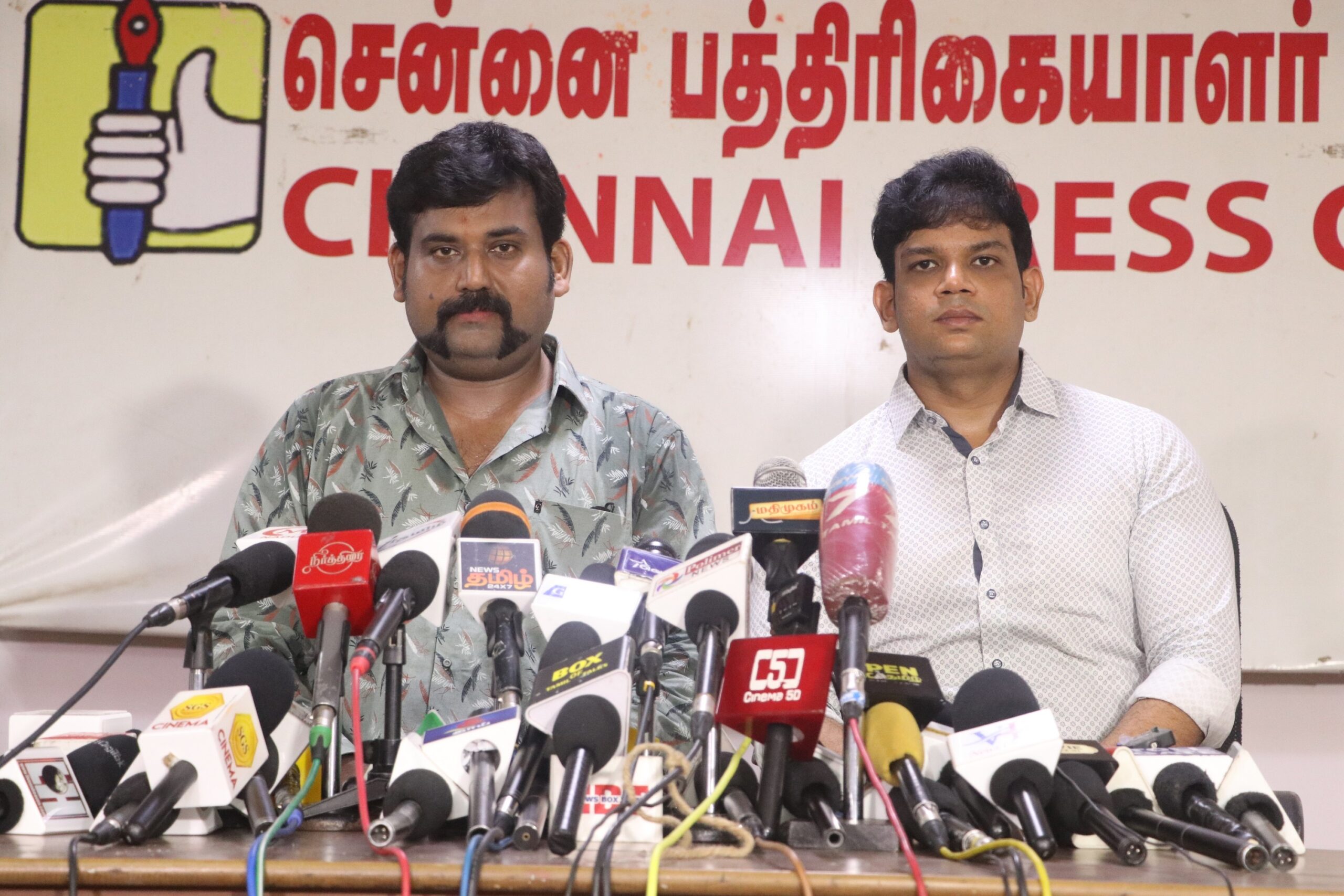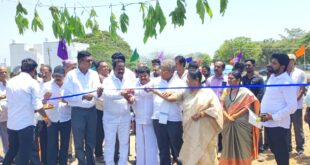Chennai, 2023: “Tamil Nadu has the 2nd largest coastline in India followed by Gujarat, comprising of 12 marine districts, 20,000 acres of aqua farming, 85 shrimp hatcheries, 10,00,000 direct employees, hundreds of socioeconomic activities connected with fishermen and their villages. Not only do they contribute directly, but indirectly contribute to the feed, input machinery and transport businesses too. Unfortunately, each and every one of these businesses and activities are at severe risk of becoming redundant if the Government at the Centre and State do not take any steps to have them rectified and support the shrimp industry from a slow death,” said Dr. Joshy K Sankar General Secretary All India Shrimp Hatcheries Association, today at a media conference demanding the Amendment of the 2005 Act immediately.
“The inordinate delay in the Coastal Aquaculture Act Amendment 2005 has driven down India’s dominance in the world. Till 2020, India was the Aquaculture capital of the world. Today, smaller countries like Ecuador, Indonesia and Vietnam have taken over India’s spot which is alarming and unacceptable,” said Dr. P.Elancheran Secretary All India Shrimp Hatcheries Association Tamilnadu chapter.
“We need the State Government to help this industry by subsidizing the power from the present Rs. 9 per unit to a lower tariff. Our neighboring States that also enjoy a vast coastal line gets a power unit subsidy of Rs. 4 per unit (Andra Pradesh) and Rs. 1.5 per unit (Odissha and Maharashtra). Many of our hatcheries have closed down or are in the process of closing down if this continues. Of the Rs. 35,000 crore revenue exports, Tamil Nadu had a lion share of 1/3rd. Now it is not the case in terms of shrimp seed supply. Also, if the State could help in the social conflicts that arises with others in the areas of our business and hold talks with the transport associations to reduce costs, this would tremendously benefit the industry as a whole. Our production has come down from 48000 tonnes in 2017-2018 to 21000 tonnes in 2022 and this is an alarming situation for the Tamil Nadu industry. We need to rectify these anomalies,” Dr. Elancheran pointed out.
Incidentally, India was the first country in the world to set up an authority for regulating Coastal Aquaculture to ensure sustainable development of Aquaculture by setting Environmental and Social standards.
The reason for India losing its spot is due to lack of proper and timely implementation of promotional framework irrespective of the fact that the Indian Ministry of Fisheries has come out with schemes such as the Pradhan Mantri Matsya Sampada Yojana(PMMSY) to name one. The PMMSY scheme aims to bring about an ecologically healthy and economically viable socially inclusive development of the Fisheries sector of India.
“What ails this industry is the amendment of the out-dated Coastal Aquaculture Authority Act, 2005. This Act was enacted at a time when the aquaculture industry had not seen vast developments as is seen today, the world over. We have shared our recommendations to the Centre to table this in the Parliament and have this Act amended. One of our recommendations is to remove the 200 metres restriction from the sea for hatcheries as the aquaculture requires saline water. Today, we have to lay out pipes and use the sea water which is not viable,” said Dr. Joshy, All India Shrimp Hatcheries Association.
Citing numbers to justify this amendment, Dr. Elancheran said, “Coastal Aquaculture is a major source of livelihood activity in coastal states of India. Over 50 lakh families are employed in coastal Aquaculture and allied activities in the rural coastal areas of India. Farmed seafood exports from India generates revenue of Rs.35000 crores annually. India has an estimated 1.2 million hectares available for coastal aquaculture out of which only 10% has been developed. Of the 1.2 million hectares of potential mariculture area, there has been no production and remains unexploited”.
The scope for developing coastal Aquaculture in India is immense and it could be a vehicle for transforming rural livelihoods. Activities such as seaweed farming in the coastal marine waters being initiated by women fisher folk in Tamil Nadu is an excellent example of empowering women through Coastal Aquaculture.
The All-India Shrimp Hatcheries Association, appeals to the Government at the State and Centre to amend and strengthen the Act to ensure, India regains its No. 1 spot in the world in Aquaculture.
 Expressnews
Expressnews







